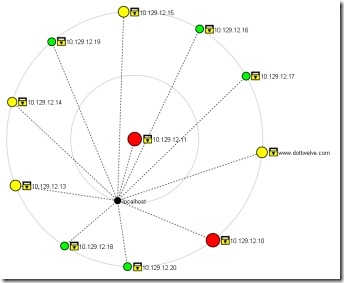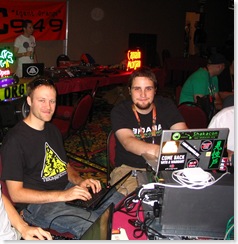McAfee announced today that it is acquiring Secure Computing Corporation. Interesting timing- just last week Astaro moved from the SurfControl content filter database to Secure Computing's database.
Is that bad for Astaro? No, actually is is good in a couple of ways-
First, Astaro has used three different content filter catalogues since first offering content filtering, all selected because they were industry leaders at the time they were selected. Everyone claims to work with "industry leaders", but how do you prove who has real value? One approach is to ask the market, valuable companies often get acquired by the big players in the security market- and all three of the content filter providers used by Astaro have been acquired by larger players in the security field:
Cobion was used in ASG Version 6, they were acquired by ISS, which was later acquired by IBM.
SurfControl was used in ASG version 7 systems prior to last week's 7.302 update. Their value was obvious to WebSense, which purchased SurfControl.
McAfee has now seen the value in Secure Computing, and we wish our new partners the best.
Second, McAfee isn't buying SC just for bragging rights- they want to continue to develop the product line (with the added resources a giant like McAfee offers), which is good for Astaro and our customers.
 Astaro is renting an RV and taking some of the "
Astaro is renting an RV and taking some of the "

 That headline from
That headline from  nce you start policing the information your customers can access?''
nce you start policing the information your customers can access?''




